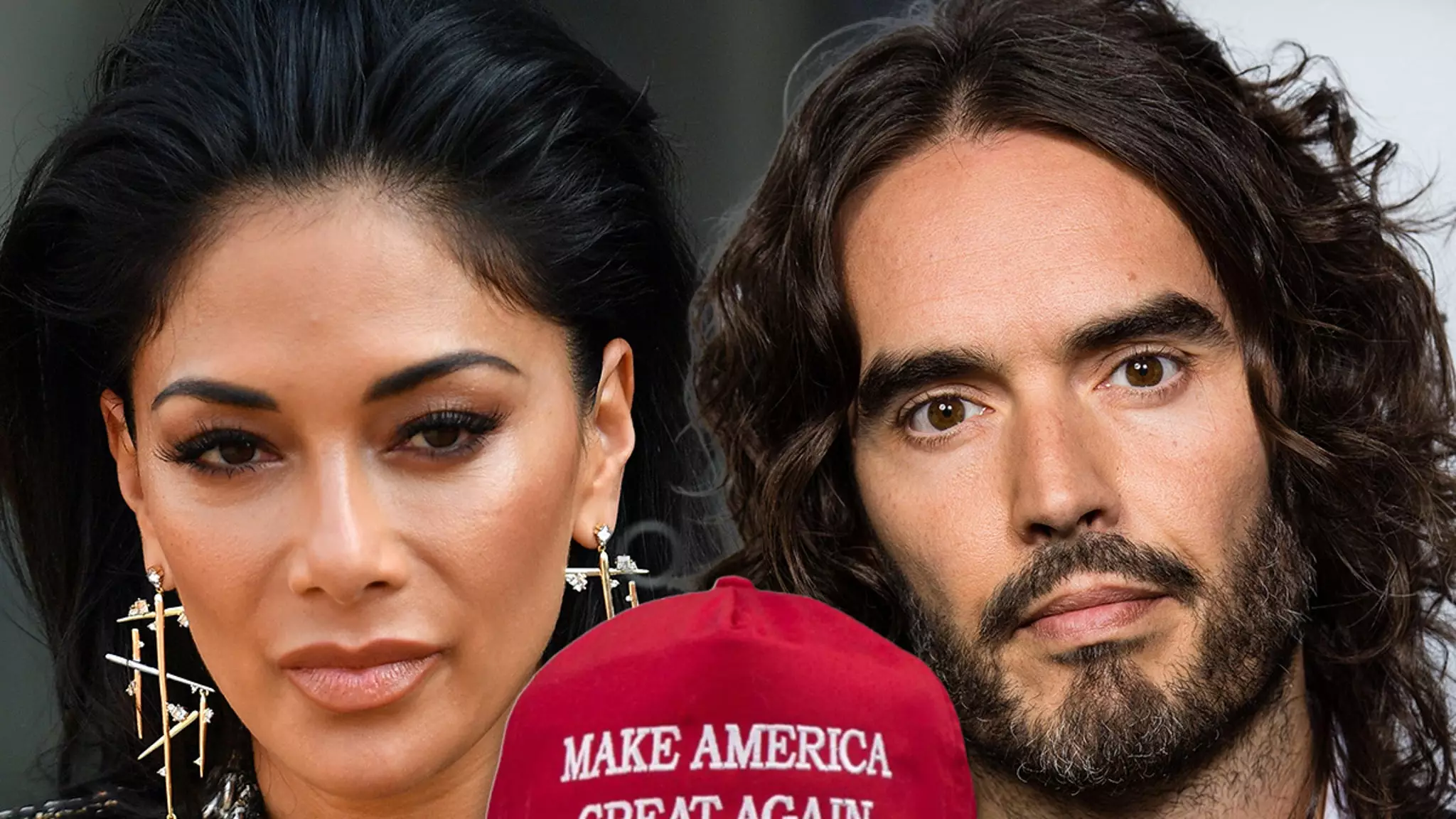In the whirlwind of social media, celebrities often find themselves at the epicenter of heated discussions, particularly when their posts are misinterpreted or misconstrued. Recently, Nicole Scherzinger, former member of the pop group Pussycat Dolls, faced significant backlash for her social media engagement with a post featuring a hat styled after Donald Trump’s infamous “Make America Great Again” slogan, but rebranded to read “Make Jesus First Again.” This incident underscores the delicate balance public figures must maintain in an era where even the simplest expressions can spiral into complex political dialogues.
In response to the outrage surrounding her post, Scherzinger issued a heartfelt apology via her Instagram Stories, emphasizing her intent was never to endorse a political stance. She acknowledged the misunderstanding and expressed regret for any distress her actions may have caused. By stating, “I deeply apologize for the hurt caused,” she recognized the emotional weight many individuals attach to political symbols and rhetoric. Scherzinger’s insistence that her comments were misrepresented highlights the hazards of social media communication where nuances can be lost.
Through her note, Scherzinger attempted to clarify her beliefs, insisting her support lies with marginalized communities that have expressed anguish over recent political events. This shift towards highlighting her concern for the vulnerable demonstrates an effort to reframe the narrative around her actions and distance herself from the politicization inferred by her original post. Nevertheless, the complexities of public perception linger; her followers are left grappling with the disconnect between her message and her choice of associations in the digital space.
Scherzinger also sought to explain her positive reaction to Russell Brand’s post by referring to her faith, which she believes encapsulates themes of love, compassion, and hope. However, equating a social media gesture to a religious ideology in the political arena is fraught with challenges. While she sought to promote unity and love, the hat’s association with a controversial political figure and Brand’s own tumultuous history muddled this intention. The singer must recognize that in a polarized society, religious symbols can easily evoke political reactions, and her alignment with Brand, who has faced serious allegations, poses additional scrutiny.
The Road Ahead: A Reflection of Accountability
As the dust settles from this incident, it becomes evident that accountability is increasingly critical for public figures in their engagements, especially within the realm of social media. While Scherzinger expressed a desire for love and unity, her followers are left questioning the incongruences in her communications. The phrase “come together” is powerful, yet it also serves as a reminder of the challenges faced when reconciliating personal beliefs with public perceptions.
Moving forward, Scherzinger might consider a more thorough understanding of the implications of her digital interactions. The potential for misunderstanding is ever-present, particularly within contexts as charged as politics and religion. An authentic connection with her audience will require transparency and an ongoing dialogue about her values, potentially aiding in rebuilding trust with her fan base moving forward.


Leave a Reply